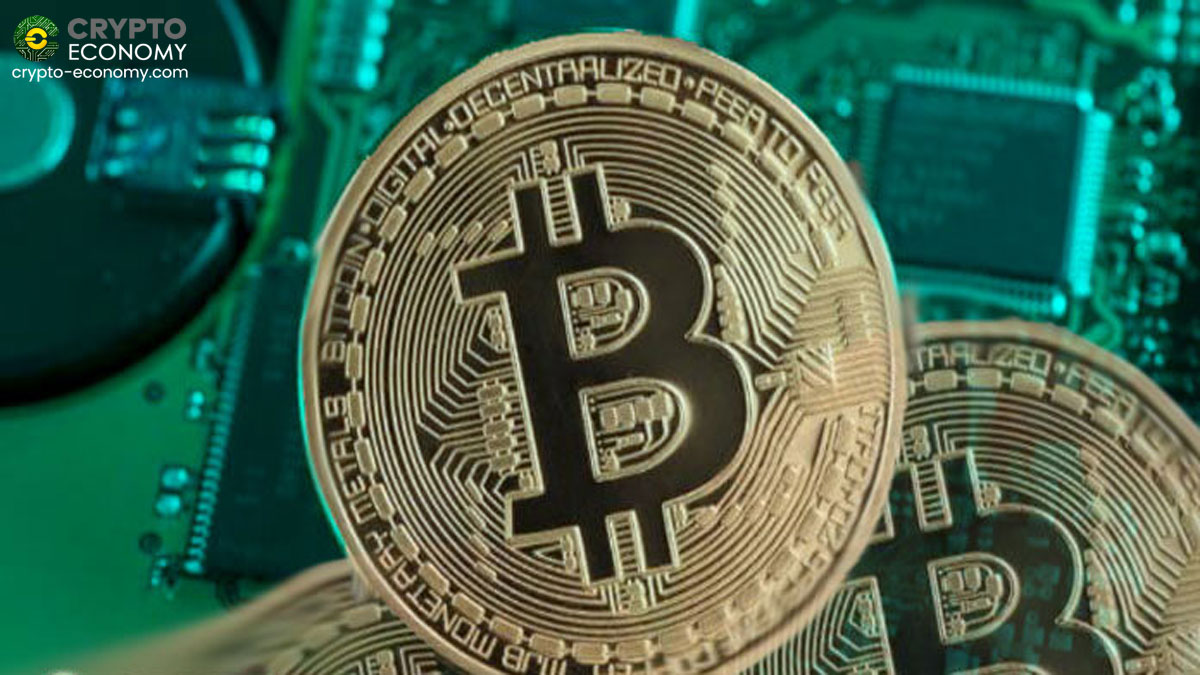A Twitter campaign in Pakistan, started by Waqar Zaka, a Pakistani TV star and crypto enthusiast, is trending urging the Pakistani government to legalize cryptocurrencies and mining in the country.
This campaign started on Wednesday morning, November 4. The main motivation behind this campaign is the new crypto regulations in Iran which is a neighbor country of Pakistan. In response to new crypto laws, Waqar Zaka said:
I have been requesting the same as Iran just announced, what I have to do in order to make GOVT understand what we are missing, we need to do legislation on an emergency basis.
The news about new crypto regulations in Iran came last weekend. These new regulations require licensed Bitcoin miners to sell their coins directly to the central bank of the country for use to fund the imports. According to IRNA, an Iranian state-owned news agency, The Ministry of Energy is tasked with defining a ceiling for output of authorized crypto units subject to the energy consumed by each unit. Once this ceiling in place, bitcoin miners’ output can not exceed this limit.
This Twitter trend #CryptoKoLegalKaro (make cryptocurrencies legal in the country) is urging Pakistan Tehreek-e-Insaaf (PTI), the ruling party in Pakistan, to make legislation about cryptocurrencies on an emergency basis as the neighboring countries like Iran, India, and China are far more ahead in this regard. The youth is especially involved in this campaign given the current economic conditions and unemployment, further worsen by the pandemic.
As cryptocurrencies are gaining more traction, awareness is also growing in Pakistan. A large number of people are involved in cryptocurrencies, especially in Bitcoin. Waqar Zaka has always been at the forefront of cryptocurrency regulations in Pakistan.
According to current regulations, crypto transactions and Bitcoin mining is prohibited in Pakistan. As Crypto Economy reported, the State Bank of Pakistan, the central bank of the country, banned banks and financial institutions from transacting digital currencies.
But this not means that Pakistan is completely isolated from the crypto and blockchain industry. The Faysal Bank of Pakistan is using Ripple’s xCurrent blockchain messaging platform, powered by Ripple’s global payment network RippleNet, for cross border payments. A crypto coin called Pakcoin (PAK) has also its origin from Pakistan although its market condition is nearly zero.
Furthermore, As part of the strategic plan by the Financial Action Taskforce (FATF) to shun down money laundering and terror financing, Pakistan has also deployed a blockchain system in the banking systems to attract worker remittances in Malaysia.
Prime Minister Imran Khan also believes in Blockchain technology to ensure transparency, efficiency, and improve overall service delivery in government processes. But no progress towards the legalization of cryptocurrencies has been yet.
If you found this article interesting, here you can find more Blockchain and cryptocurrency news











